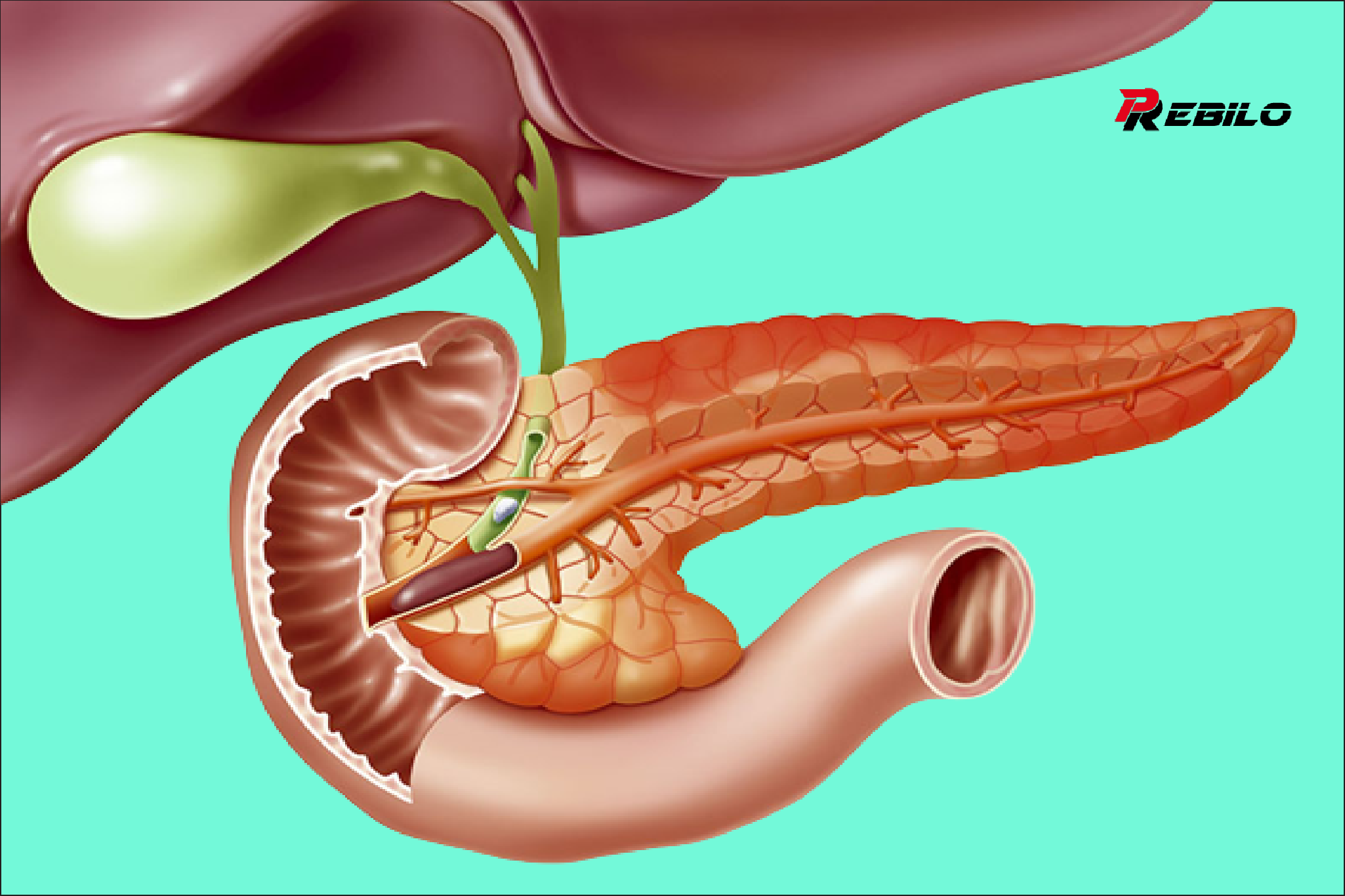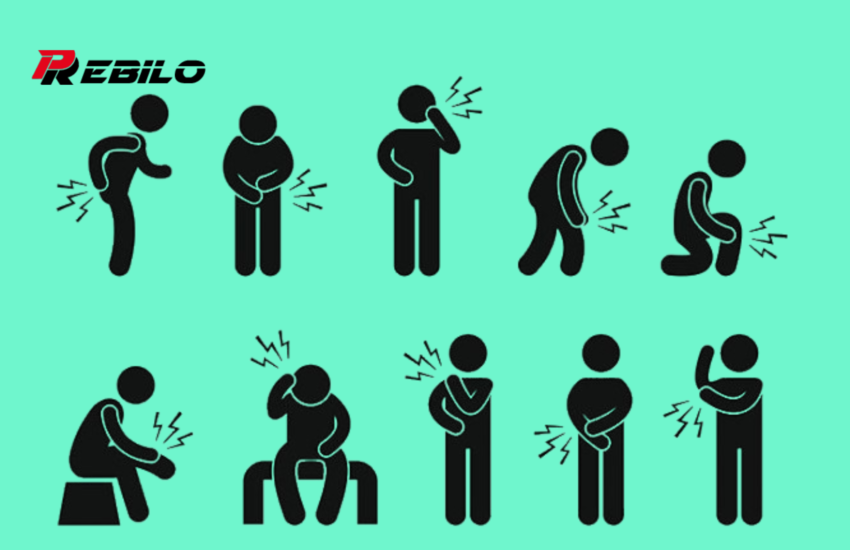5 warning signs that your pancreas is in trouble
Many people think of “cancer” when they hear the word “pancreas,” and pancreatic cancer has the lowest 5-year survival rate among cancers. Pancreatic cancer can be difficult to detect early, according to Andrew Hendifar, MD, associate director of pancreatic cancer research at Cedars-Sinai Medical Center in Los Angeles. The pancreas, a long flat organ located deep in the abdomen, produces enzymes and hormones that aid in digestion. Symptoms related to the pancreas may be too far away, but there are key warning signs that you should talk to your doctor about. Here are five of them.
Unusual stools: Light-colored, spongy stools indicate poor absorption of nutrients. The pancreas produces enzymes that help digest fat and absorb fat-soluble vitamins such as A, E, and K. When the pancreas is not functioning properly, the stool may be light, loose, oily or greasy. If these symptoms occur frequently in your bowel movements, it’s important to let your doctor know.
Abdominal pain:
Abdominal pain is a common symptom of both pancreatic cancer and acute pancreatitis, which is an acute inflammation of the pancreas. The nature of the pain may vary depending on the underlying condition. Pain that starts in the middle of the abdomen and radiates to the middle or back, especially if it lasts for a week, can be a sign of pancreatic cancer. If you’ve been prescribed a proton pump inhibitor to treat reflux or other digestive problems and your symptoms don’t improve, it’s important to let your doctor know. Sudden, severe abdominal pain centered in the center of the abdomen is often associated with acute pancreatitis.
Diabetes:
The pancreas produces insulin and secretes hormones that help regulate blood sugar levels. If the pancreas is damaged, the risk of developing type 2 diabetes increases. If you receive a new diagnosis of diabetes, check your weight, and follow a healthy diet, this may lead to additional tests for your pancreas. Sudden changes in diabetes management may be associated with pancreatic cancer.
Nausea after eating fatty foods:
Nausea and vomiting, especially after eating a high-fat meal, can be symptoms you should watch out for. The pancreas produces enzymes that help digest fat, and problems with the pancreas disrupt the process of fat digestion, leading to nausea. Fatty foods such as hamburgers, avocados, nuts, and pizza can cause nausea. Pancreatitis is a more common cause of sudden vomiting and nausea than pancreatic cancer.
Unexplained weight loss:
If you’re losing weight, especially if you’re sick with radiation, this weight loss may be due to pancreatic cancer or digestive problems related to the disease. Thyroid problems and other conditions can explain rapid weight loss, but regardless of the cause, it’s important to seek medical attention.
In all cases, if you experience these symptoms, it is recommended to consult a specialist for a comprehensive examination.


